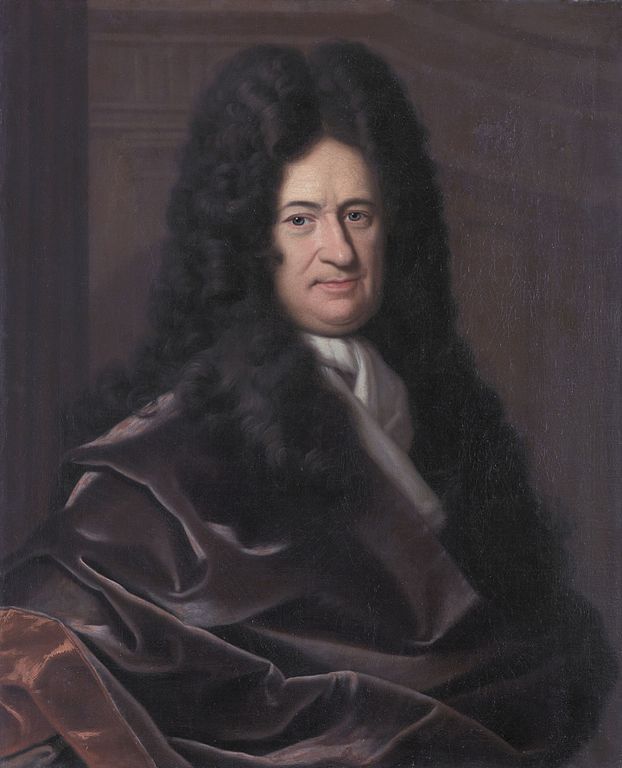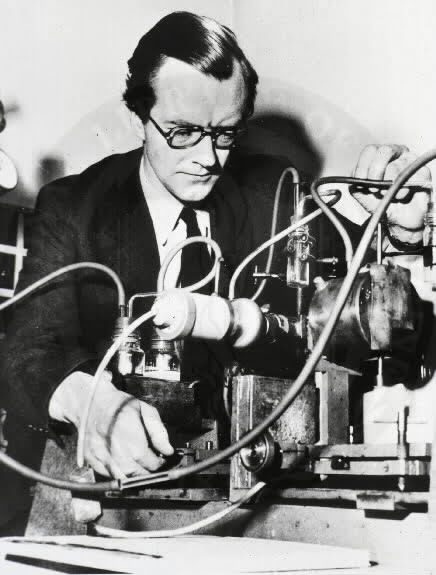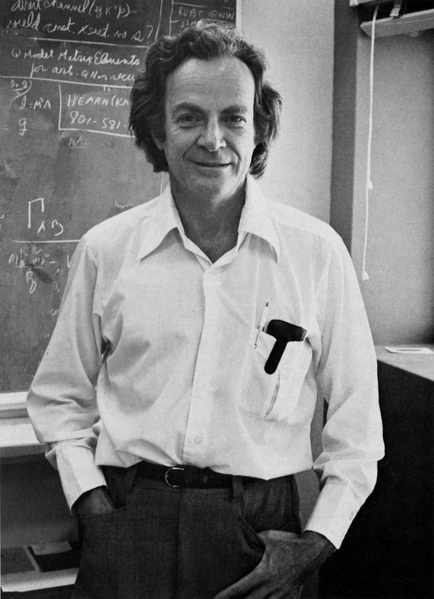| Name | Gottfried Wilhelm Leibniz |
| Born | 1 July 1646, Leipzig, Saxony, Holy Roman Empire |
| Died | 14 November 1716 (aged 70), Hanover, Electorate of Hanover, Holy Roman Empire |
| Education | Alte Nikolaischule, Leipzig University (BA, 1662; MA, 1664; LLB, 1665; Dr. phil. hab., 1666), University of Jena, University of Altdorf (Dr. jur., 1666) |
| Era | 17th-/18th-century philosophy |
| Region | Western philosophy |
| Schools of Thought | Rationalism, Pluralistic Idealism, Foundationalism, Conceptualism, Optimism, Indirect Realism, Correspondence Theory of Truth, Relationism |
| Theses | De Arte Combinatoria (1666), Disputatio Inauguralis de Casibus Perplexis in Jure (1666) |
| Doctoral Advisor | Bartholomäus Leonhard von Schwendendörffer |
| Other Academic Advisors | Erhard Weigel (Jena), Jakob Thomasius (B.A. advisor), Johann Adam Schertzer (B.A. advisor), Christiaan Huygens |
| Notable Students | Jacob Bernoulli (epistolary correspondent), Christian Wolff (epistolary correspondent) |
| Main Interests | Mathematics, physics, geology, medicine, biology, embryology, epidemiology, veterinary medicine, paleontology, psychology, engineering, librarianship, linguistics, philology, sociology, metaphysics, ethics, economics, diplomacy, history, politics, music theory, poetry, logic, theodicy, universal language, universal science |
| Notable Ideas | The invention of calculus, the Leibniz wheel, optimism (“best possible world”), the law of continuity, the transcendental law of homogeneity |
| Key Contributions | Development of differential and integral calculus, contributions to probability theory, biology, medicine, geology, psychology, linguistics, and computer science |
| Scientific Career | Major contributions to physics, technology, and mechanical calculators; first described a pinwheel calculator in 1685 |
| Philosophical Impact | A leading representative of 17th-century rationalism and idealism, influential in modern logic and contemporary analytic philosophy |
| Linguistic Proficiency | Wrote in Latin, French, and German |
| Library Science Contribution | Devised a cataloging system for the Herzog August Library in Wolfenbüttel, Germany |
| Influential Works | Works on philosophy, theology, ethics, politics, law, history, philology, games, music, logic, and theodicy |
| Legacy | Known as the “last universal genius,” influential in both philosophy and mathematics; anticipated many modern concepts in various fields |






